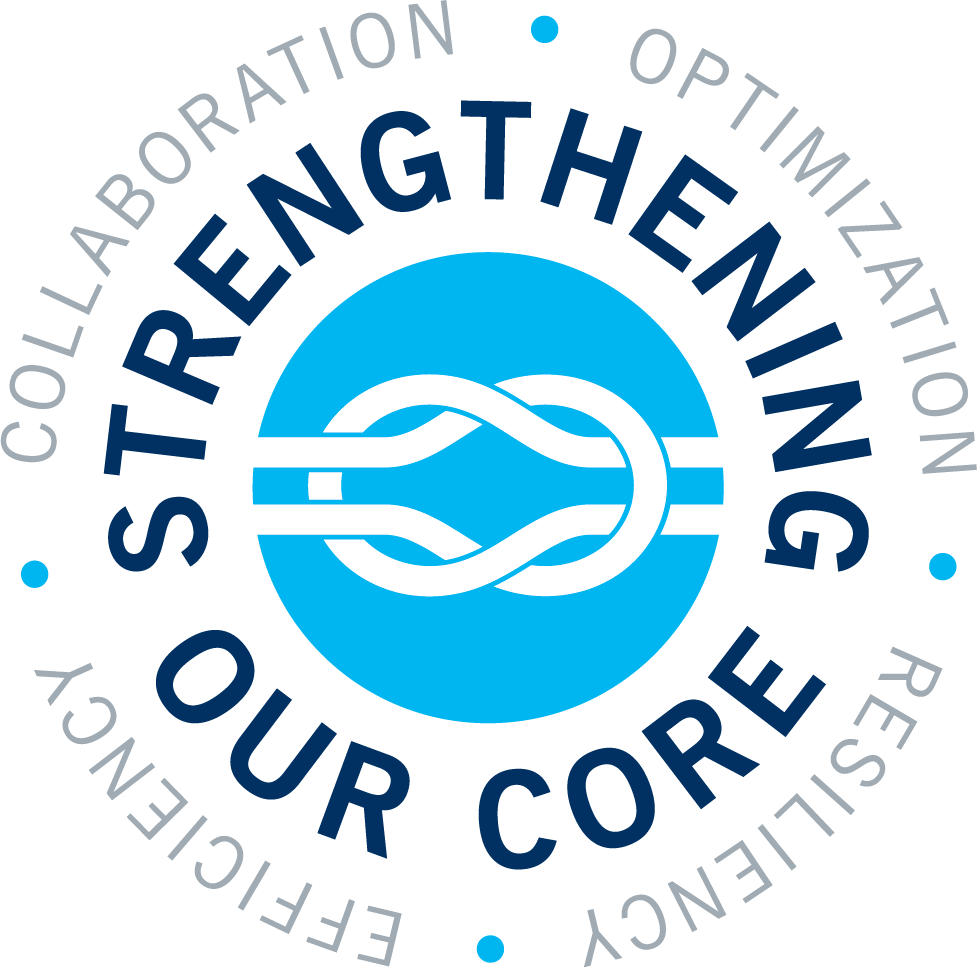Strengthening Our CORE: Optimizing Inpatient Consults to Benefit Care
Inpatient consults occur daily across Yale New Haven Health, with more than 120,000 in fiscal year 2023. As the process varies between delivery networks, a multidisciplinary team from Yale New Haven Hospital and Yale Medicine has been working to optimize how specialty consults are requested, communicated and documented across the system.
“This is the first large-scale optimization of the consult process since 2017,” said Scott Sussman, MD, physician executive director, YNHH Office of the Chief Medical Officer, and clinical professor of Medicine, Yale School of Medicine (YSM). Dr. Sussman is leading the team effort with Aldo Peixoto, MD, clinical chief, section of Nephrology, and professor of Nephrology, YSM.
The focus is on improving the process for the requester and consultant, with the patient at the center of all discussions. Timely consultation can result in prompt diagnosis and treatment, which can shorten length of stay. This aligns with YNHHS’ Strengthening our CORE initiative (Collaboration, Optimization, Resiliency and Efficiency).
“Patient care is a team sport and making it easier for the primary team and consultants to communicate facilitates better outcomes and can decrease delays,” Dr. Sussman said. “This can be especially important since the consultants’ recommendations often impact discharge or treatments after the patient leaves the hospital.”
Before optimization began in 2017, there was no standard protocol for ordering consults in New Haven, Dr. Sussman explained. “You would page someone, hours could pass and you wouldn’t hear back. Maybe you entered your callback number incorrectly, the page didn’t go through, or you sent it to the wrong person. It was very frustrating.”
In 2017, YNHH implemented the current process where Epic orders initiated the consult. This added the patient to an Epic list, and in New Haven sent the consult to the 24/7 Consult Connect Center. “Consult Connect sent a Mobile Heartbeat message to the consultant and waited until the consultant confirmed. They would then document the request in Epic: ‘Cardiology consult sent to Joe Smith.’ There was a time stamp that helped provide some accountability,” Dr. Sussman explained.
The latest optimization effort, launched in August 2023, has two phases. Phase 1 focuses on enhancing communication between the requester and consultant at the time of consult request and when recommendations are made. Documentation tools make it easier for consultants to share their thoughts, providing more information to the requester. “The Epic note will prompt consultants to clearly state the key information the requesters want,” Dr. Sussman said.
Hospital departments are being approached about incorporating this format into their existing templates; some have already started adding the new elements.
“We had our own template before, but this provided the opportunity to review the process and make decisions as a team,” said Elizabeth Prsic, MD, director of YNHH Adult Inpatient Palliative Care, and assistant professor, YSM.
“It was a little bit of a framework shift, but it helps us to be more streamlined,” said Dr. Prsic, who also did consult overhaul in her leadership role as firm chief in Medical Oncology. “There is less burdensome documentation. It’s more effective, more patient-focused and cleaner.”
The templates are available in Epic for anyone to use; currently, they are being introduced in New Haven.
In addition to the templates, Phase 1 includes a new, user-friendly dashboard. One goal is to improve data transparency around consult volumes and timeliness. A Tableau-based dashboard will be available through the Analytics Portal and accessible across the enterprise.
Phase 2 of the Inpatient Optimization Consultation project, scheduled to begin in late 2024 or early 2025, will focus on universal electronic consult orders (including the emergency department), streamlined electronic notification, Epic list optimization and formation of a governance structure to ensure proper consult utilization.
This article is part of a series of articles that looks at how teams across Yale New Haven Health are working to reposition the health system for the future by focusing on strategic priorities through a systemwide initiative called Strengthening Our CORE (Collaboration, Optimization, Resiliency, Efficiency). Multiple workstreams have been designed to improve operational efficiencies, foster innovation and improve quality and safety for patients and employees.

